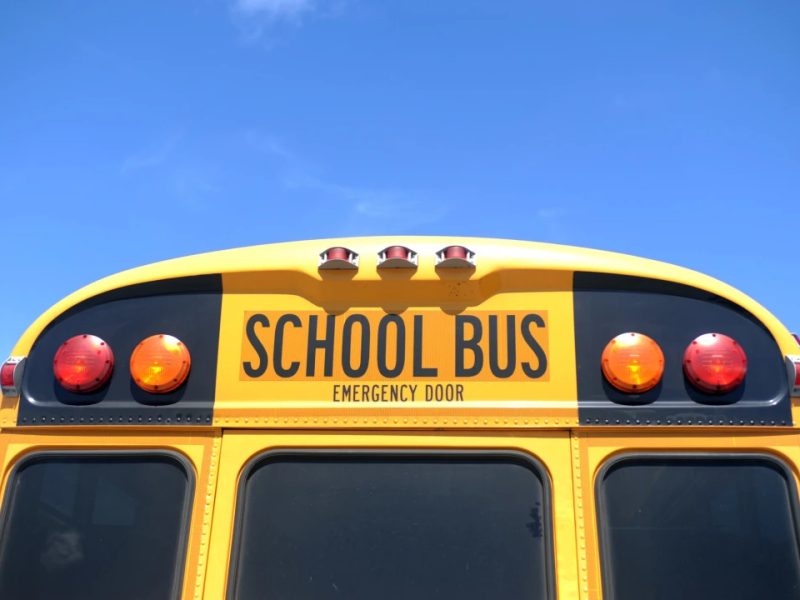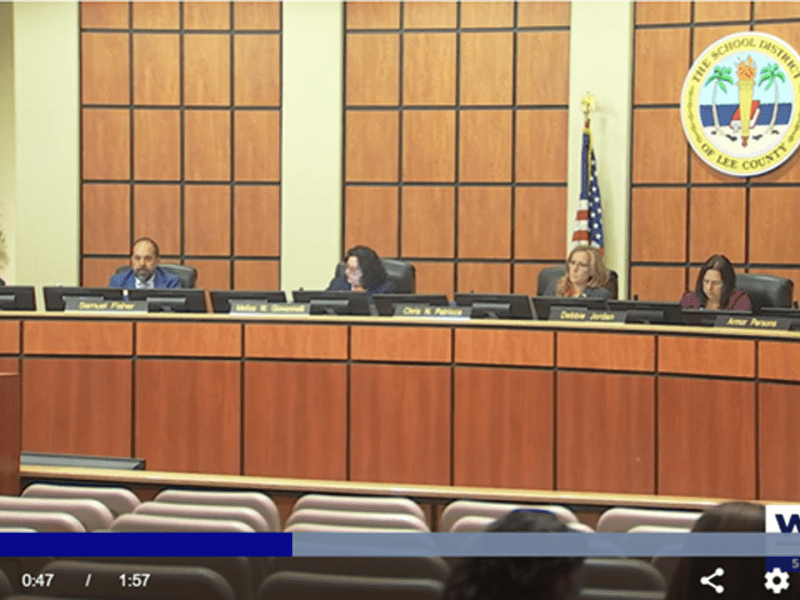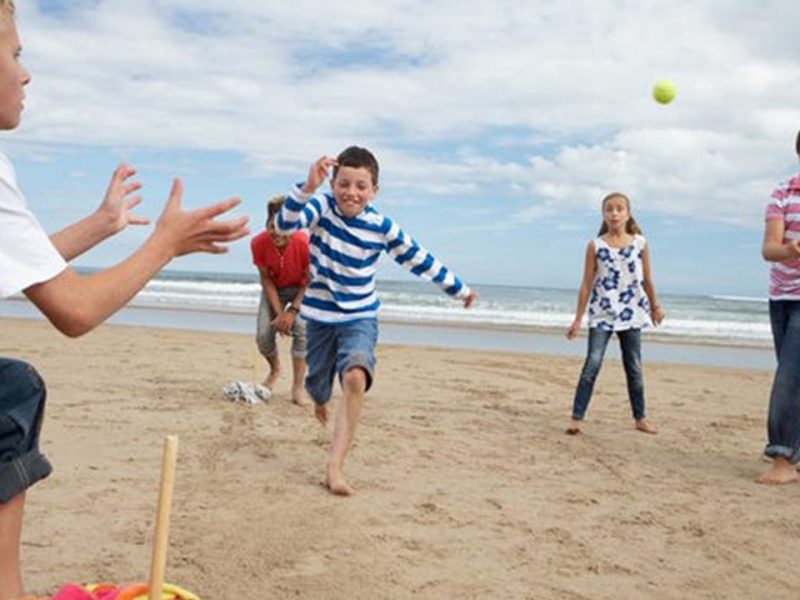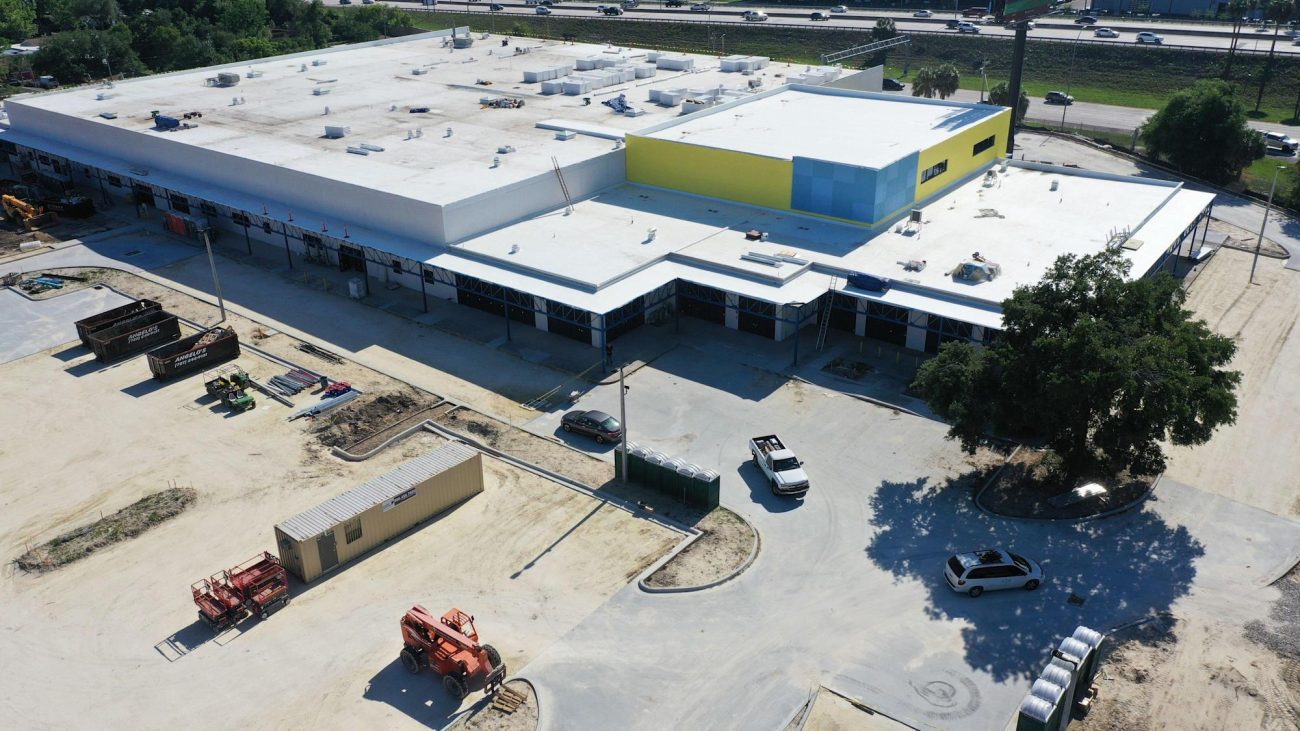
With 39 low-scoring schools, Hillsborough is a target for Florida’s newest choice program
Years of migration away from neighborhood schools has not helped.
Tampa Bay Times | By Marlene Sokol | June 29, 2021
For more than 60 years, Robles Elementary School has served a modest north Tampa community — but not the whole community.
Fewer than half the children who could go to Robles get their education there, according to a Hillsborough County School District report. Close to 100 students opted in the last school year for Woodmont, a charter school in nearby Temple Terrace managed by a for-profit company in Fort Lauderdale. Hundreds more went to district-run magnets, or neighborhood schools with seats to spare.
Multiply Robles by 39 campuses in similar straits, and you have a county that is ground zero for the state’s Schools of Hope program, the latest challenge to traditional public education in Florida.
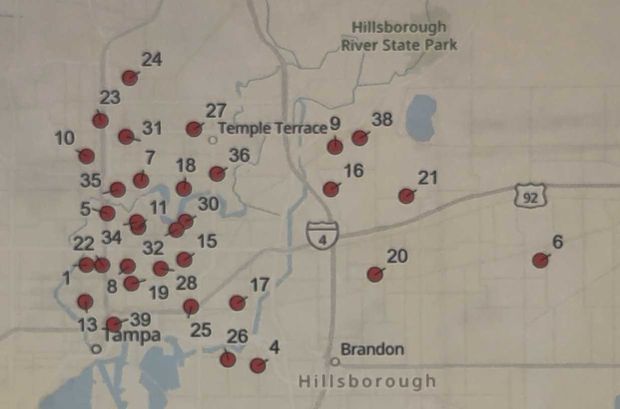
The brainchild of education commissioner Richard Corcoran when he was Speaker of the House from 2016 to 2018, the program allows nonprofit “hope operators” to open charter schools near any public school that the state deems “persistently low performing.” And they can do it with virtually no intervention from local school boards, which usually get to weigh in when a charter school wants to open.
The state has approved five hope operators, including IDEA Public Schools, a Texas-based organization that will launch two K-12 schools in Hillsborough this August.
Offered as alternatives to Robles and Oak Park Elementary, the two schools will serve as many as 1,400 students when fully up and running. A third campus is planned the following year in the Mango suburb. Unlike typical charter schools, they will provide transportation.
Schools of Hope is yet another way Florida lawmakers have devised to let private organizations step in where students, in the state’s estimation, are ill-served by the public system.
That thinking was on display at a Hillsborough School Board workshop in April when Dakeyan Graham, a state education official, pointed out some of the district’s dismal statistics. At nine failing schools, he noted, fewer than 30 percent of students could pass the state’s competency exams.
“Unacceptable,” Graham said.
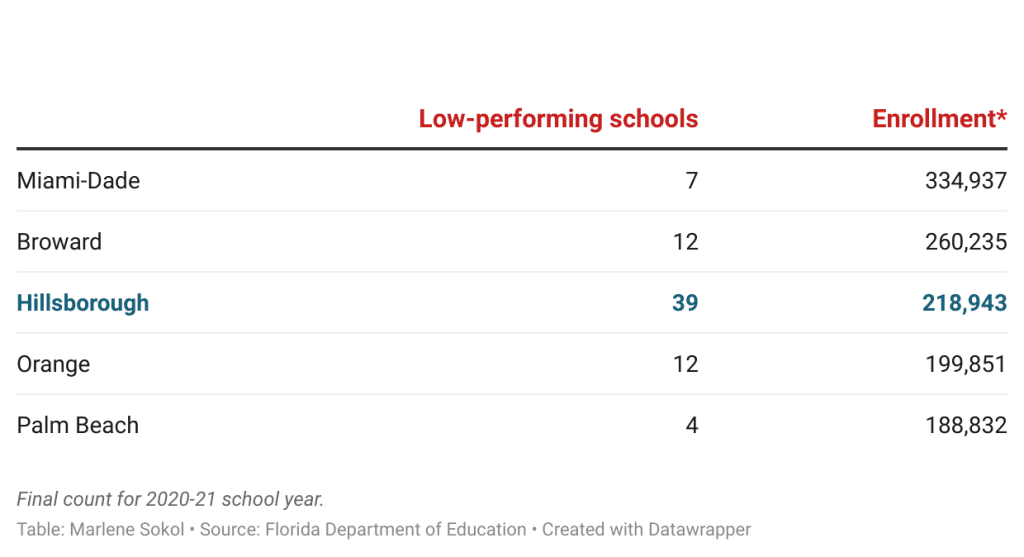
“That means three out of every ten students you walk in the halls to meet are proficient in reading and math. That’s an F on any grade scale.”
Some schools have had D and F grades for five straight years, said Graham, a former music teacher at Tampa’s Blake High who was state teacher of the year in 2020 and soon rose to be executive director of the Florida’s office of independent education and parental choice. “That’s an entire generation of students.”
But Graham did not explore how Hillsborough came to have 39 low-performing schools, far more than Miami-Dade, Broward and the state’s other large districts.
![Dakeyan "Dre" Graham, left, is executive director of Independent Education and Parental Choice at the Florida Department of Education. He is pictured here accepting the award for Hillsborough County Teacher of the Year in 2019. He later was named the state's Teacher of the Year. [Times (2019)] Dakeyan "Dre" Graham, left, is executive director of Independent Education and Parental Choice at the Florida Department of Education. He is pictured here accepting the award for Hillsborough County Teacher of the Year in 2019. He later was named the state's Teacher of the Year. [Times (2019)]](https://www.tampabay.com/resizer/Zvl03J5yumUnBW5ixN-WYdqCm8U=/620x0/smart/cloudfront-us-east-1.images.arcpublishing.com/tbt/3T7EROONMJGWXLZOW2W5VH6ZEM.jpg)



